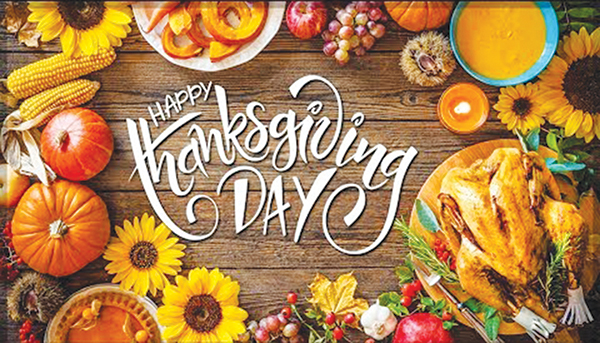By SHEFA RAFI
lf the harvest festival of Pongal is celebrated with gaiety and religious fervour in India, it’s being celebrated with zeal in different names in different nations across the globe. In a quick look at the celebrations worldwide, it’s interesting to infer that the festival of harvest is celebrated as thanks giving for bountiful harvest.
Though the names, rituals and the tradition of these festival may differ in their forms and presentations, the spirit with which it is celebrated is almost the same world over.
In Korea, the harvest festival is called as Chu’sok wherein the Korean harvest festival is marked by the rising of a full ‘Harvest Moon’. Chu’sok is usually described as a kind of Thanksgiving for a good harvest, but it is really an ancient holiday dedicated to the ancestors. Families gather from all over the country and from overseas for the great holiday during September or October.
While Japan celebrate it as ‘Tori no Ichi’ usually in the month of November. The festival is also called “Otori-sama.”. The festival is lively with handclasp and shouts for deals. It starts at midnight with a sound of Japanese dram and continues for 24 hours. The festival becomes livelier as the night goes on.
And Sri Lanka celebrates it as Pongal or Ulavar Thirunaal which is similar to Indian Tamils whereas United States of America celebrates as ‘Thanksgiving’ generally observed as an expression of gratitude to God. It is an occasion to give thanks to God for the bounty of the autumn harvest. In the United States, the holiday is celebrated on the fourth Thursday in November.
China – August Moon Festival: The August Moon Festival or Mid-Autumn Festival is one of the most celebrated Chinese holidays. It is held on the 15th day of the 8th lunar month. Chinese families celebrate the end of the harvest season with a big feast. Unlike the American Thanksgiving dinner, the Chinese have mooncakes instead of grandma’ apple pie. Friends and relatives also send mooncakes to each other as a way of giving thanks.
Vietnam – Tet Trung Thu:Tet Trung Thu is a wonderful, ancient festival of Vietnam that revolves around children. The Festival dates back as far as 15-20,000 years ago in Southeast Asia, and is traditionally held on the 15th day of the 8th Lunar Month. An important to families in Vietnam for many years, originally this Festival came about as a way for parents to make up for lost time with their children after harvest season.
Israel – Succoth: The week long holiday of Succoth begins on the 15th day of the Hebrew month of Tishri. It is usually held in September and October. Succoth occurs at harvest time, and has elements of a harvest festival. Thus, it is also the Jewish Thanksgiving because it is known as the “Festival of the Harvest”. Other names of this festival are Sukkot, Festival of the Booths, Jewish Harvest Festival and Feast of Tabernacle.
Africa America – Kwanzaa: Kwanzaa, which means “first fruits of the harvest” in the African language Kiswahili, is a popular harvest festival and has gained tremendous acceptance among the African American people. Since its founding in 1966 by Dr. Maulana Karenga, Kwanzaa has come to be observed by more than18 million people world wide. This festival runs from December 26 to January 1 and over this seven days, people of African descent come together to celebrate family, community, culture and the bonds that tie them together as a people.
Africa – Yam Festival: The yam festival marks the end of an abundant food-producing harvest. African people have always had festivals at the time of the harvest. In Ghana the Yam Festival (Homowo) lasts three days. The festival begins with a cleansing ceremony to honor family members who have died. Farmers thank God for good harvest. Twins and triplets are honored during this time as a special gift from God.




